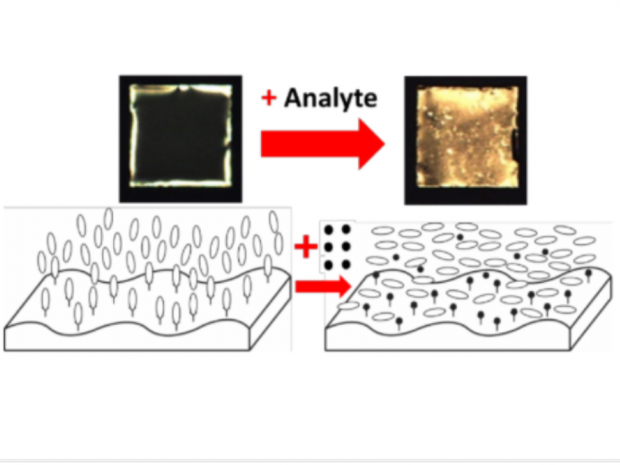Computational Design of Chemoresponsive Liquid Crystalline Systems

Speaker:
Tibor Szilvási
University of Wisconsin-Madison
Abstract:

Materials that can be programmed to respond to targeted chemical species, such as toxic chemicals or chemical warfare agents, hold enormous potential in the context of the design of new generations of actuators and sensors (e.g., wearable sensors). Liquid crystals (LCs) form the basis of one such promising approach, as they can be triggered to undergo ordering transitions in response to exposure to a range of targeted chemical species by modifying the interactions of nematic liquid crystals with surfaces that can impact the overall orientation in the bulk phase. Very recently, I have developed computational models, building on quantum mechanics, to capture the effects of important experimental parameters that influence orientational transitions exhibited by surface-anchored nematic liquid crystals. In this talk, I will show how experimentally validated computational models can help improve the selectivity and sensitivity of chemoresponsive liquid crystalline systems, as well as result in completely new interfacial designs of liquid crystalline systems. I will also demonstrate that the computational chemistry-driven development of chemoresponsive systems, without any prior experimental knowledge, can lead to the selective detection of new analytes in the parts-per-billion concentration range.
- 10:30 Refreshments
- 10:45–12:00 Talk

